Transforming Marine Residuals into Energy and Sustainable Fertilizer (CIRCULIZER)
In this project sustainable food production takes center stage. The goal is to uncover the potential of using marine waste to create valuable fertilizer and green energy while caring for the environment.
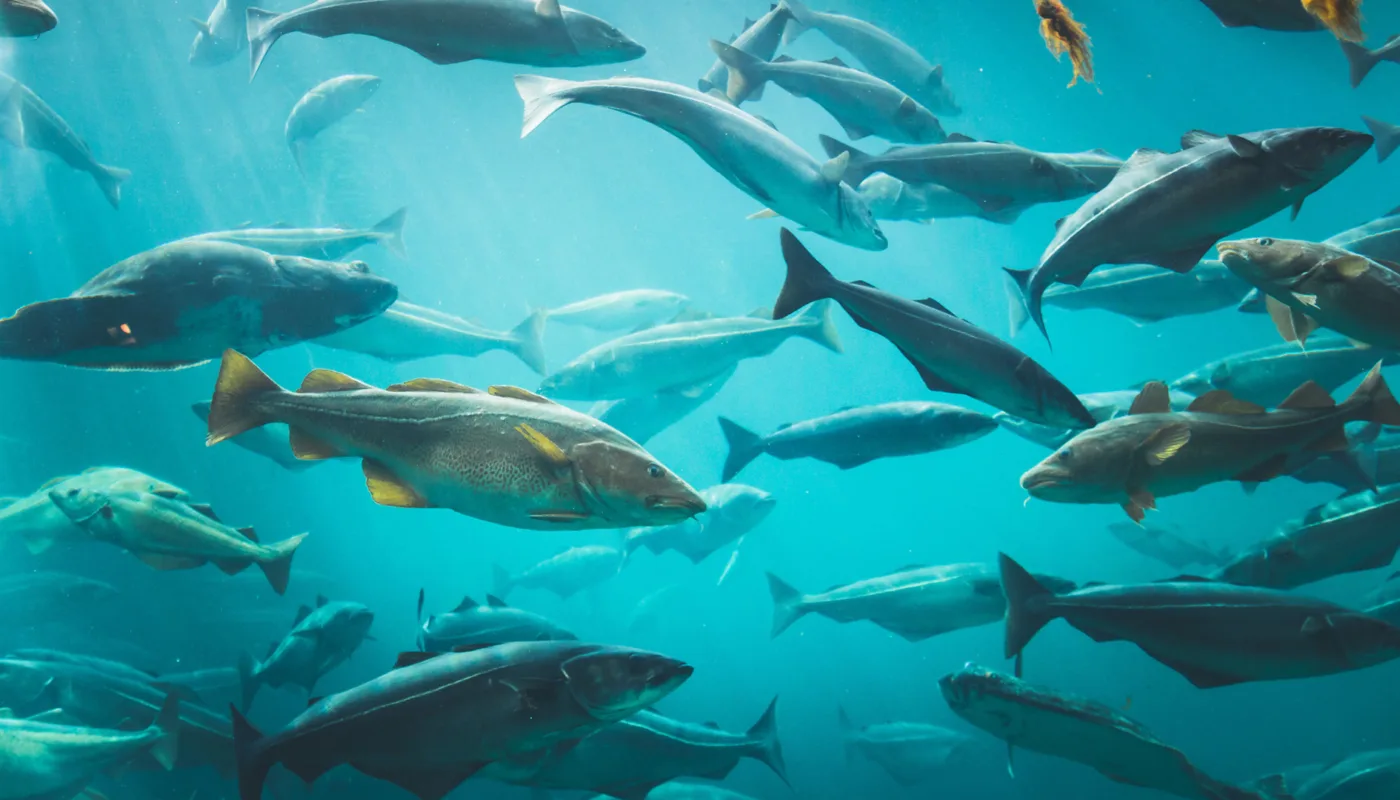
Project goals
We'll be delving into these crucial questions:
- How much marine waste can be blended with other materials in the Biogas-process?
- How does increasing amounts of marine waste affect fertilizer quality?
- Is it safe to use the fertilizer produced by this project?
- What are the broader environmental impacts of replacing conventional fertilizer with marine waste-derived fertilizer?
- How can we assist farmers in adopting this innovative type of fertilizer?
How we work
We're a team of researchers with diverse expertise, ranging from microbiology, environmental assessment and agriculture. We will collaborate with stakeholders from across the value chain – from raw material suppliers to fertilizer end-users. We'll work in the following ways:
- We'll determine the optimal proportion of marine waste that can be blended with other waste materials, such as livestock manure.
- We'll examine how the fertilizer affects soil nutrient content.
- We'll field-test the fertilizer in real agricultural settings to validate laboratory findings.
- We'll assess the broader environmental implications of this novel fertilizer.
- We'll collaborate with farmers to address any barriers to adopting the new fertilizer.
Potential benefits for agriculture and society
Should we succeed in this endeavor, it promises several benefits:
- Agriculture could become more environmentally friendly by using fertilizer derived from marine waste.
- We can contribute to reducing greenhouse gas emissions and conserving scarce resources like phosphate rock.
- Byproducts from the fishing industry can find new life as valuable fertilizer.
- Farmers could experience a smoother transition to sustainable solutions in food production.
This project is about more than just fertilizer; it's about a green revolution in how we produce food – a revolution that safeguards both nature and the well-being of future generations.
Project Details
Project details
| Project staff NORSØK: | Ingvar Kvande and Tatiana Rittl |
|---|---|
| Project partners: | Norwegian Institute of Bioeconomy Research (NIBIO), Norwegian University of Life Sciences, Landbruk Nordvest and Norges Bondelag |
| Funding: | Forskningsmidlene for jordbruk og matindustri. |
| Project period: |
Related articles
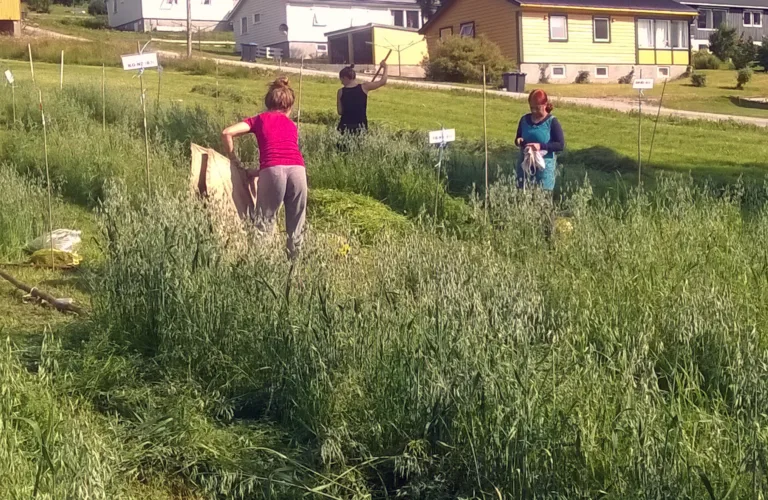
Residual materials from marine industries as fertilizers in organic agriculture (RESTOR)
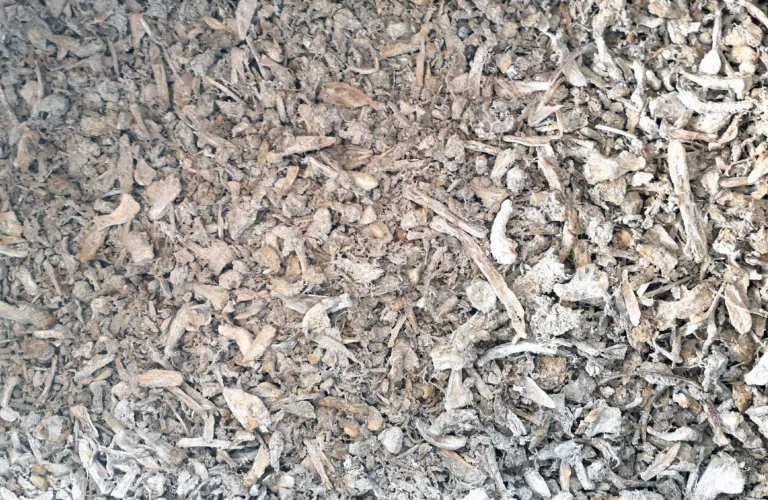
Fish bones as fertiliser
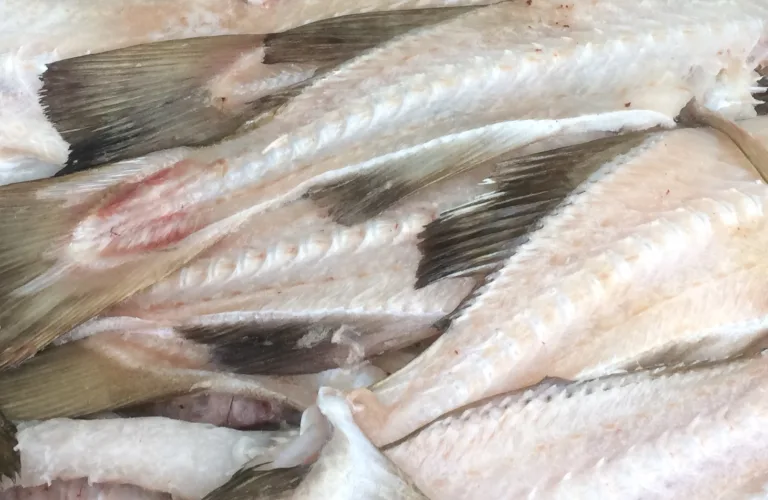
Sustainable utilization of MARine resources to foster GREEN plant production in Europe - MARIGREEN
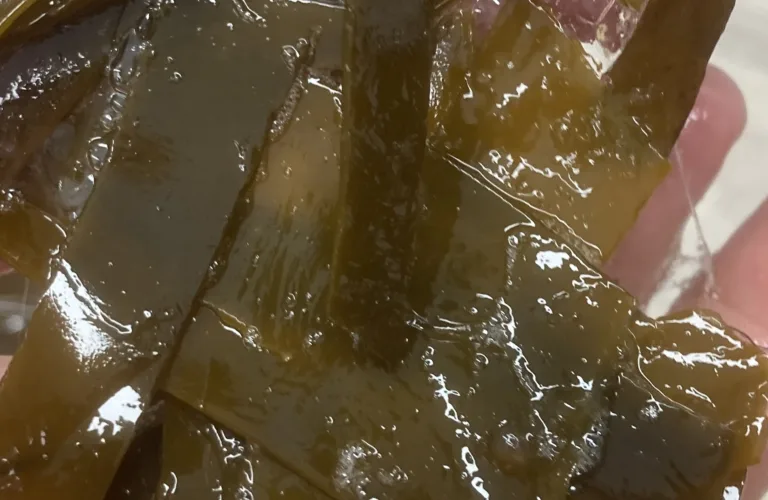
Value creation and ecosystem services of European seaweed industry by reducing and handling potentially toxic elements from breeding to soil (SeaSoil)
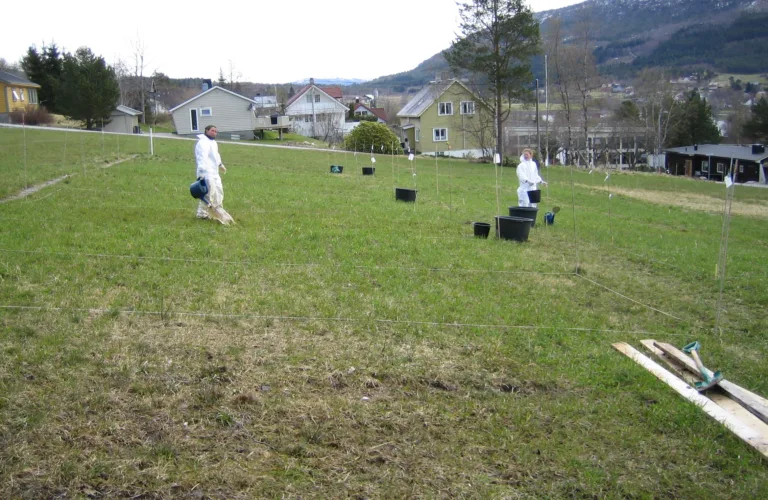
Effects of Anaerobically Digested Manure on Soil Fertility. The Field Experiment “SoilEffects”


